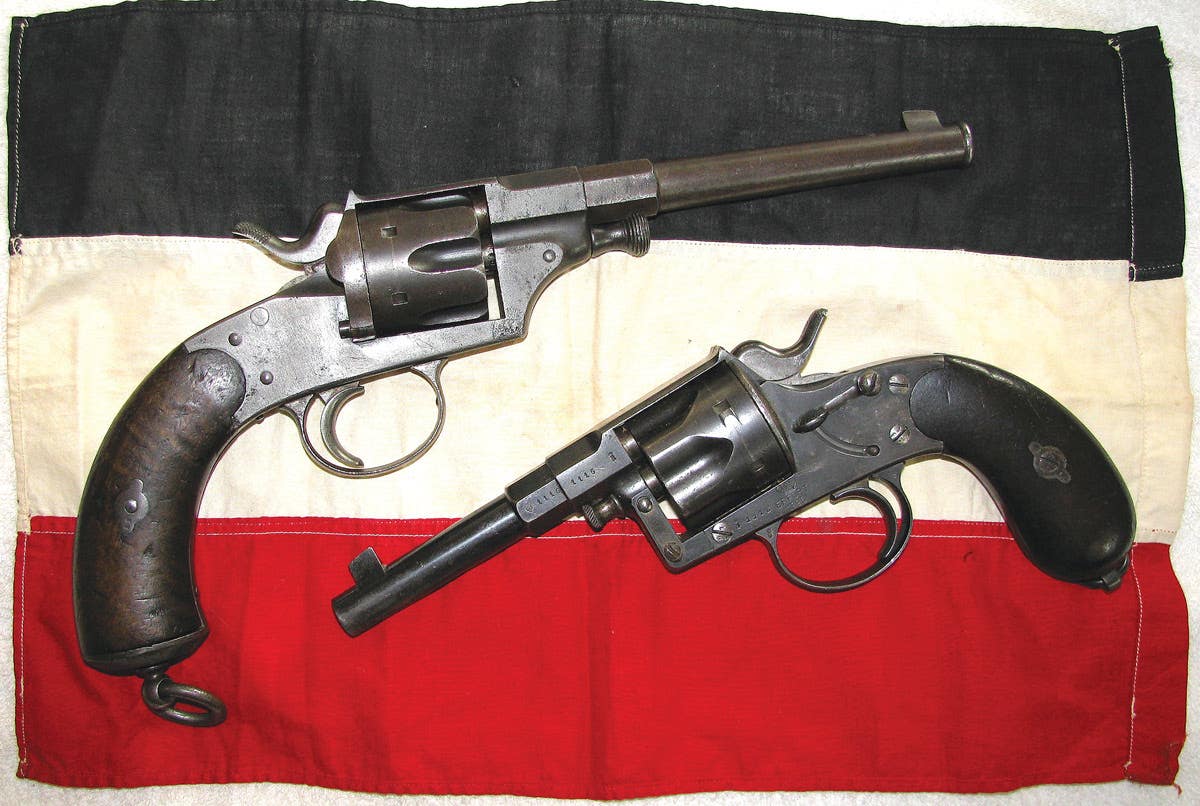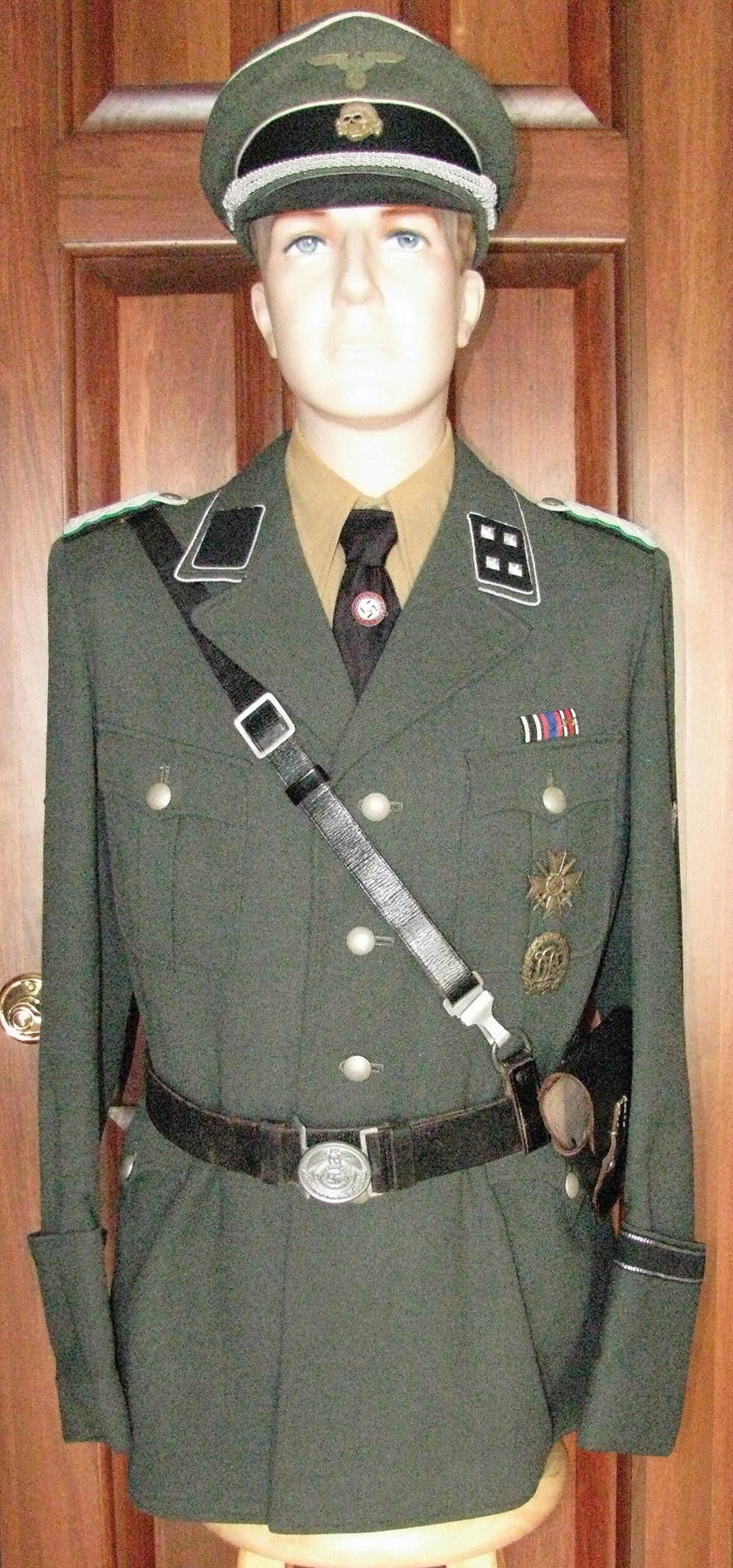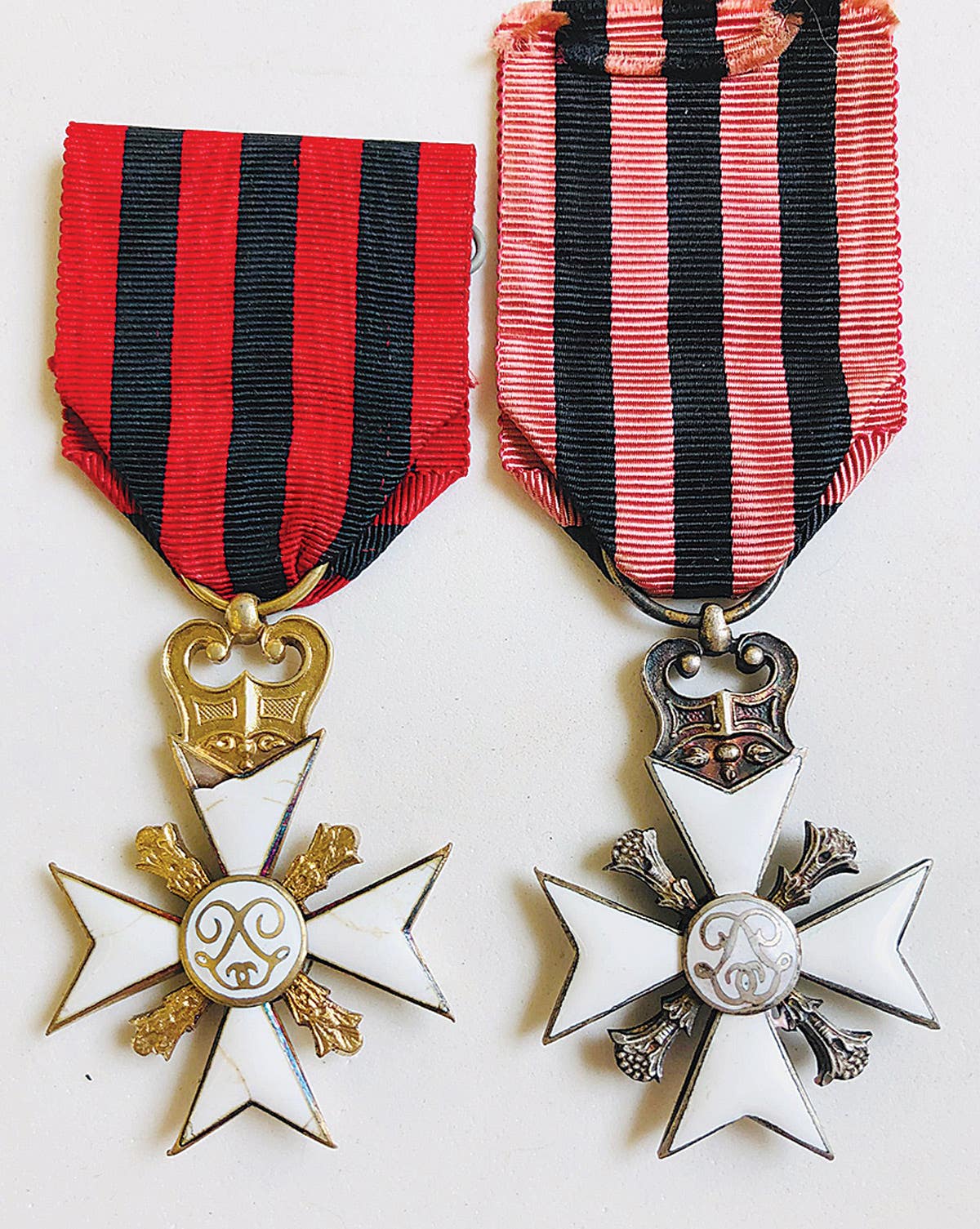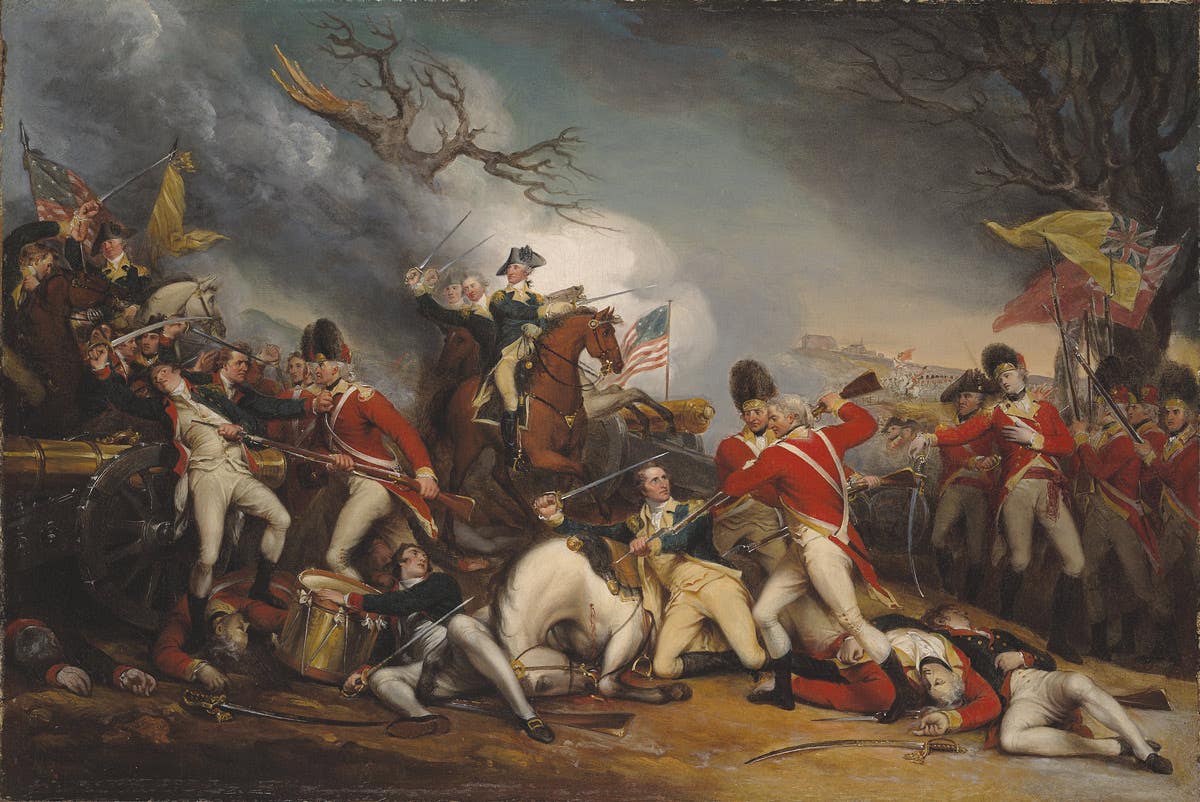Stolen Valor Act: Who’s the Target?
A law aimed at imposters could hurt collectors.
For collectors of the United States military's highest awards and decorations, 2007 began with uncertainty. Jeff Floyd, co-founder of FJP Auctions, canceled the company's February round of auctions, fearing that the wording of the Stolen Valor Act of 2005 seemed to imply that selling certain American medals was now a crime. As the largest auctioneer of orders and medals from around the world, Floyd said it was time to take a "wait and see" approach. He hasn't been alone. And many collectors of U.S. military medals continue wondering whether their collections are even legal to own anymore.
eBay has decided to err on the side of caution. As early as January 17, 2007, it began to cancel auctions for various medals, including this Purple Heart group. www.advancedguardmilitaria.com
This past December 20th, President Bush signed into law the Stolen Valor Act, making it a crime to buy, sell, mail, import or export any military decoration approved by Congress. The intention of the law was not to hurt the collector or hinder a museum's efforts to obtain new items, but rather to make it a federal crime to impersonate a decorated veteran. Critics contend that the wording even implies that soldiers serving in the field, whether in a combat zone in Iraq or at a NATO base in Europe, would be barred from even mailing their own medals home to their loved ones.
The key subsection of the law reads as follows:
Title 18, United States Code, Section 704
(a) In General. - Whoever knowingly wears, purchases, attempts to purchase, solicits for purchase, mails, ships, imports, exports, produces blank certificates of receipt, manufactures, or sells, attempts to sell, advertises for sale, trades, barters or exchanges for anything of value any decoration or medal authorized by Congress for the armed forces of the United States, or any of the service medals or badges awarded to the members of such forces, or the ribbon, button, or rosette of any such badge, decoration or medal, or any colorable imitation thereof, except when authorized under regulations made pursuant to law, shall be fined under this title or imprisoned not more than six months, or both.
This final wording was certainly not the intention of the law when it was introduced on Capitol Hill almost two years ago. Senator Kent Conrad (D-ND) co-sponsored the legislation with Louisiana Senator David Vitter (R-LA), and 27 other senators. Their legislation called for a one-year maximum sentence and a fine of up to $100,000 for improper use of the distinguished service medals including the Medal of Honor, Distinguished Service Awards, Silver Star, or Purple Heart. Colorado Democratic Congressman John Salazar introduced a similar version of the bill in the House of Representatives. The intent of the Stolen Valor Act was to strengthen existing laws, and to grant additional authority to law enforcement, and extending the scope beyond just the Medal of Honor, which had already been covered by past legislation.
The need for the act came about because of the apparent large number of imposter military heroes. There are currently only 120 living Medal of Honor recipients, but according to the Congressional Medal of Honor Society many more individuals have claimed to have been decorated with this most prestigious award.
"We have to maintain the integrity of our military awards. The Stolen Valor Act defends our military heroes who have shown courage, honor, and sacrifice for their country. It penalizes those who falsely claim to be decorated veterans," said U.S. Rep. John Salazar. "This was not to hurt collectors, nor to diminish the history of any awards--rather it was to protect the reputation and meaning of the medals."
Unfortunately the wording is such that the two sides are not in agreement.
LAW TOO BROAD?
Critics of the law maintain that wording is so vague it makes it unclear whether older medals are legal for trade, and again that active duty soldiers might not even be able to mail home their own medals. "There is much confusion regarding the new law as the intent was to provide a way to find and prosecute those individuals whose intent was to fraudulently claim either verbally, in writing or through the act of wearing that the individual was a recipient of the Medal of Honor, Distinguished Service Cross, Air Force Cross, Navy Cross, Silver Star and Purple Heart," explained Captain Dean Veremakis, USNR (Ret.).
Veremakis, who serves as the president of the Orders & Medals Society of America, a group with more than 1,500 members worldwide, believes that the lack of specific verbiage about the fraudulent claim actually makes the law all too encompassing. "Any veteran cannot replace lost medals by buying them from the navy or army exchange! Medal manufacturers cannot ship their goods to army/navy surplus stores and museums can no longer accept any donations of medals because of the law."
The OMSA president further emphasized that the efforts to protect the valor actually serve as an invasion on the liberties of those who actually won the very awards. "The reaction from the hobby has been outrage because of the issue of personal property. How can the government, who has given these awards out, which become the personal property of the individual, now say that they cannot dispose of them as they wish?"
However, according to staff officials for Senator Conrad and Congressman Salazar this was not the intention. It was not believed that the law would be interpreted in this way, nor was it believed that there would be this level of ambiguity about the law.
DEALER REACTION
For those who make a living selling the medals, the assurances from Senators Conrad and Salazar isn't good enough. Manion's International, an auction house devoted to militaria, has pulled all American medals from its listings while they investigate deeper. "It will have a slight affect on our business," says John Conway, vice president of sales and marketing at Manions, "but the real impact is on the American collector."
Other auction sites are also following the lead of FJP and Manion's. Online auction sites such as eBay have already begun to cancel auctions for Purple Hearts and other decorations, regardless of whether the medals date back decades or longer. "The rule on eBay is that, if it is illegal to do off the site, you can't do it on the site," explains Hani Durzy, director of corporate communications for eBay, adding that the act amended existing laws banning the sale or trade of the Congressional Medal of Honor. "Because it is illegal to sell or advertise the sale of those additional medals, eBay will pull listings when we become aware of them."
IMPACT BEYOND COLLECTORS
Jeff Floyd further added that the Stolen Valor Act might even diminish the memory of the veterans' very deeds. "For collectors, this is a preservation issue. My customers don't wear the medals. They want to preserve what the medals meant. A dozen imposters are essentially helping throw away the history of these medals."
With the sales of these medals in doubt, Veremakis also said that he believes that the valor behind the medals could actually be lost as a result, even if the monetary value is not. "The collections will always have value and that value will be in multiple forms: value of holding part of history, rescuing history from discard, value of the historical research and yes, even value in a monetary way."
"The law will force the collectors, archivists and historians to go underground," says Veremakis. "Much of what is now readily available to the collecti ng market will disappear."
Peter Suciu is a freelance journalist and when he isn't writing about militaria you can find him covering topics such as cybersecurity, social media and streaming TV services for Forbes, TechNewsWorld and ClearanceJobs. He is the author of several books on military hats and helmets including the 2019 title, A Gallery of Military Headdress. Email him and he'd happily sell you a copy!







